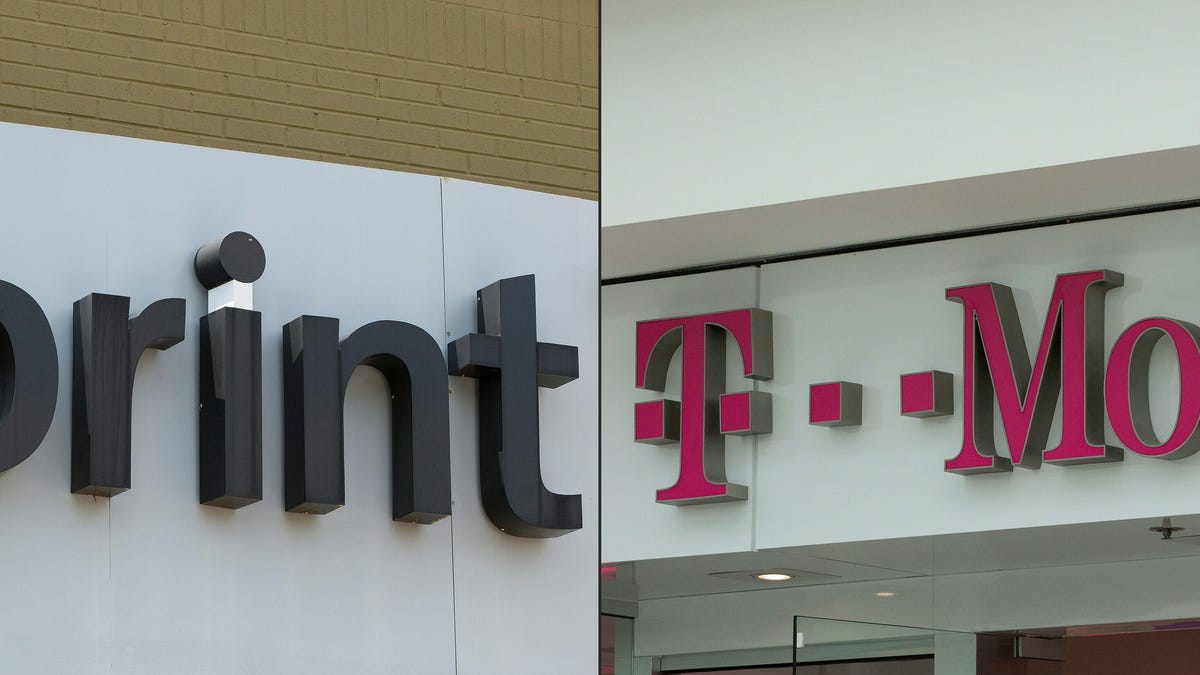T-Mobile and Sprint finalize new terms for megamerger
The companies say the deal could close as early as April 1.

The megamerger between Sprint and T-Mobile is nearly done.
Sprint and T-Mobile said Thursday they've reached an agreement on new terms for their megamerger. This should pave the way for the companies to complete the $26.5 billion deal, following a ruling last week by a federal court that rejected claims that the merger would be bad for consumers.
The companies say the deal could close as early as April 1.
As part of the new terms, T-Mobile's parent company, Deutsche Telekom, will get a larger stake in the new company. The German telecom giant will own 43% of the new company. Meanwhile, Softbank, which is the majority owner of Sprint, will own 24% of the new company, with the remaining 33% being held by public shareholders.
The companies say the changes won't trigger another vote from shareholders.
"Today's announcement is another significant step forward toward finally closing this transaction!" John Legere, CEO of T-Mobile, said in a statement. He also used the occasion to talk up the company's plans to build out its 5G wireless network. "We are now on the threshold of achieving our goal," Legere said.
T-Mobile announced its plans to merge with Sprint in 2018. The deal was approved by the Federal Communications Commission and the Department of Justice. As part of the DOJ's approval, the companies agreed to sell assets to satellite TV provider Dish Network, which is expected to build its own wireless network to become the nation's fourth-largest nationwide provide.
Attorneys general in more than a dozen states filed suit to block the merger. The case went to court in December. The states argued that reducing the number of wireless carriers from four to three would lead to higher prices for consumers. Meanwhile, T-Mobile and Sprint argued the merger was necessary for them to compete with AT&T and Verizon.
Last week, a federal judge ruled in favor of the companies, paving the way for the merger to close.
Since the deal was first announced, Sprint's stock has tanked and the company has continued to lose customers. News reports suggested that Deutsche Telekom was seeking to renegotiate.

